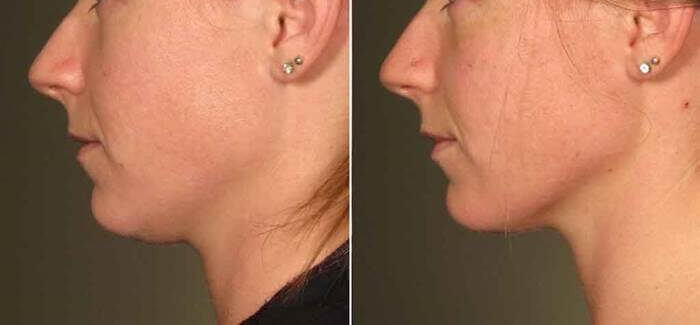Ulthera VS Thermage: What's The Best Skin Tightening Treatment?

The quest for smooth, tight skin has come a long way since dermal fillers. More people are developing an interest in treatments that do not involve invasive surgical procedures. Clients are looking for procedures that deliver long-lasting natural-looking effects. They demand procedures with zero downtimes and prefer to withstand only the least amount of pain or discomfort.
A quick search of #skintightening and other related hashtags on instagram shows Ultherapy and Thermage as two of the most popular skin tightening treatments preferred by real people (as opposed to treatments endorsed by sponsored celebrities). So what’s the difference and which one is better?
What is Ulthera?
Courtney Cox, the FRIENDS actress, has only good things to say about Ultherapy non-surgical facelift, commonly referred to simply as Ulthera. It’s an FDA-approved non-surgical facelift procedure that makes use of ultrasound to tighten skin from the inside out. It does this by heating up the layers of tissue under the skin.

What is Thermage?
Gwyneth Paltrow, the award-winning movie star, is one of the notable personalities who has used the procedure to enhance her looks. Thermage is a hi-tech FDA-approved cosmetic procedure. It involves the use of non-invasive radio frequencies to smooth out facial wrinkles and tighten the skin.

Penetration
While both procedures target the deep layers of skin, Ulthera uses highly focused acoustic energy to penetrate layers that were previously only accessible through invasive surgery. This means Ulthera tightens multiple skin layers, thus providing a longer lasting effect. The deeper penetration has the advantage of treating different levels of skin, hence increasing the efficiency of the procedure.
Accuracy
Radiofrequency technology like that used with Thermage affects a wider area during treatment. Ultherapy on the other hand is highly focused on target areas due to the use of acoustic imaging. This allows the medic to evaluate conditions of underlying layers of soft tissue below the skin.
Pain
Thermage produces heat and requires the simultaneous use of a cooling spray to cool the top layers of the skin. Ulthera gives one a feeling of being sucked into the machine but patients suffer far less pain and discomfort. Thermage requires the use of anesthetic creams, IV sedation, nerve blocks, or valium. Ulthera, being less painful, requires milder pain killers for sensitive people.
Target Areas
When analyzing ulthera vs thermage, doctors report that while theoretically both procedures can be used on any part of the body, they are ideal for use on the cheeks, forehead, around the eyes, and on the belly. However, Thermage is not advisable for people with thick layers of underlying fat or loose muscles. It’s also not advisable to use on people over the age of 50.
Side Effects
Ulthera may make you feel like your face is in a vice for a few hours or even a couple of days after the procedure. The discomfort wears out as the collagen regenerates. Thermage may cause some bumps, blistering, swelling, and redness but this also wears off in a couple of days.
Results
Both Ulthera and Thermage can leave you looking much younger, with an even complexion, and radiant glow. Thermage results last anywhere from 4 months to 2 years while Ulthera effects are noticeable up to 4 years.

Ulthera Vs Thermage: Make Your Choice
Ultrasound technology is newer on the skin luminescence scene compared to lasers, infrared, and radio frequency technologies. However, both Ulthera and Thermage have undergone extensive clinical testing and passed FDA approval. Depending on your budget, skin type, and fat distribution, one may opt for either of the two though cosmetic practitioners are increasingly in favor of Ulthera. At the Beverly Hills Rejuvenation Center medical spa near you, experts are at hand to give you an individualized analysis. To find out the best skin tightening procedure for your skin and body type, contact us today.

